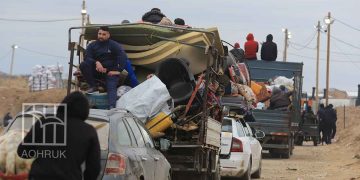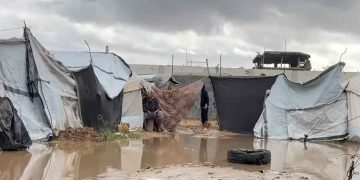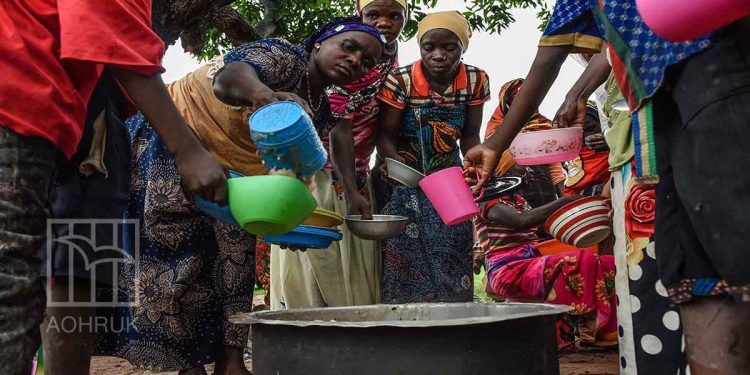Sudan is currently facing one of the worst humanitarian disasters in its modern history. According to the United Nations, the country is experiencing the world’s largest hunger crisis, while cholera spreads rapidly, compounding the suffering of millions of civilians.
The UNHCR has warned that nearly 500,000 displaced people in North Darfur alone are at high risk of contracting cholera, with thousands of confirmed cases in densely populated displacement camps. The UN Office for the Coordination of Humanitarian Affairs (OCHA) reported over 100,000 cases of cholera in just one year, marking the most widespread outbreak in recent years.
Due to the ongoing conflict between the Sudanese Armed Forces and the Rapid Support Forces since April 2023, famine is now a reality in several regions. Fighting has devastated food supply chains, destroyed infrastructure, and crippled water facilities, leaving millions without access to safe food or drinking water. Tens of millions are believed to be suffering from acute food insecurity, an egregious violation of their right to life and dignity.
Since the Sudanese government declared cholera a national epidemic in August 2024, the disease has continued to claim lives. After a brief slowdown in early 2025, the virus has resurged, especially in Darfur, where clean water and basic sanitation are lacking. The latest official statistics cite over 102,000 confirmed cases and 2,561 deaths, with local groups reporting 181 new infections and six deaths in Darfur on a single day.
The crisis is not merely humanitarian, it is a grave violation of international law. The International Covenant on Economic, Social and Cultural Rights enshrines the right to food, clean water, and healthcare. International humanitarian law further obligates warring parties to protect civilians and allow unimpeded humanitarian aid. Yet, the facts on the ground show widespread and systemic failure to uphold these obligations, amounting to deliberate deprivation of basic rights.
The war has already caused over 20,000 officially recorded deaths, with academic sources estimating up to 130,000 fatalities. More than 15 million people have been displaced, both internally and across borders. Amidst this devastation, disease and starvation have become weapons that trap civilians in a relentless cycle of suffering, while the international community fails to implement urgent political or humanitarian solutions.

























